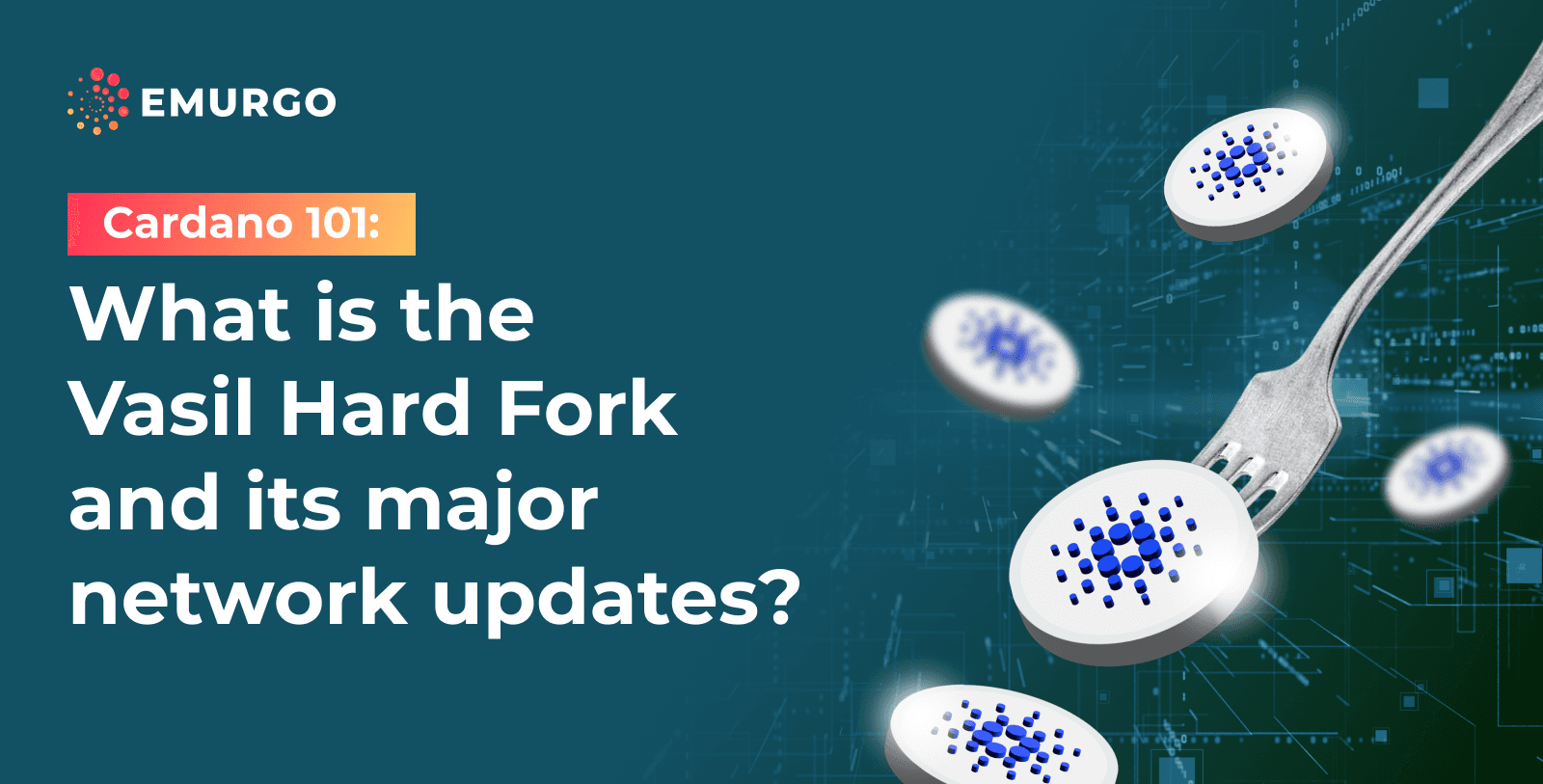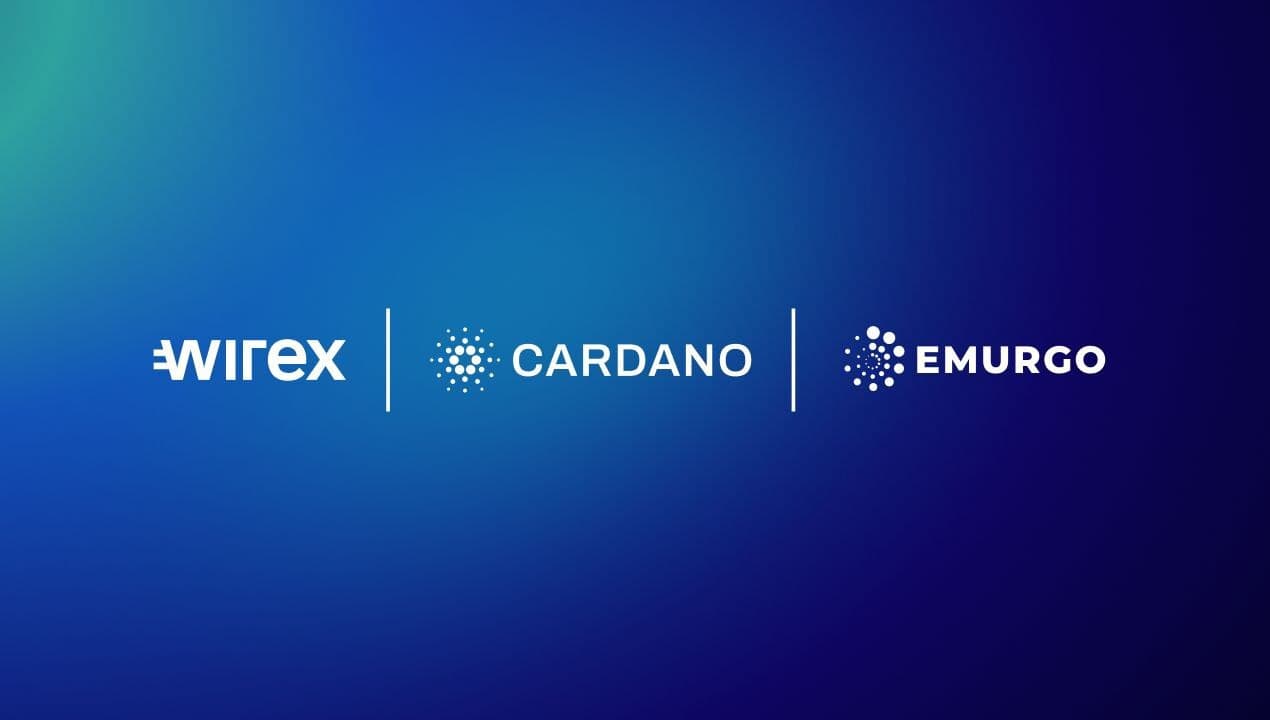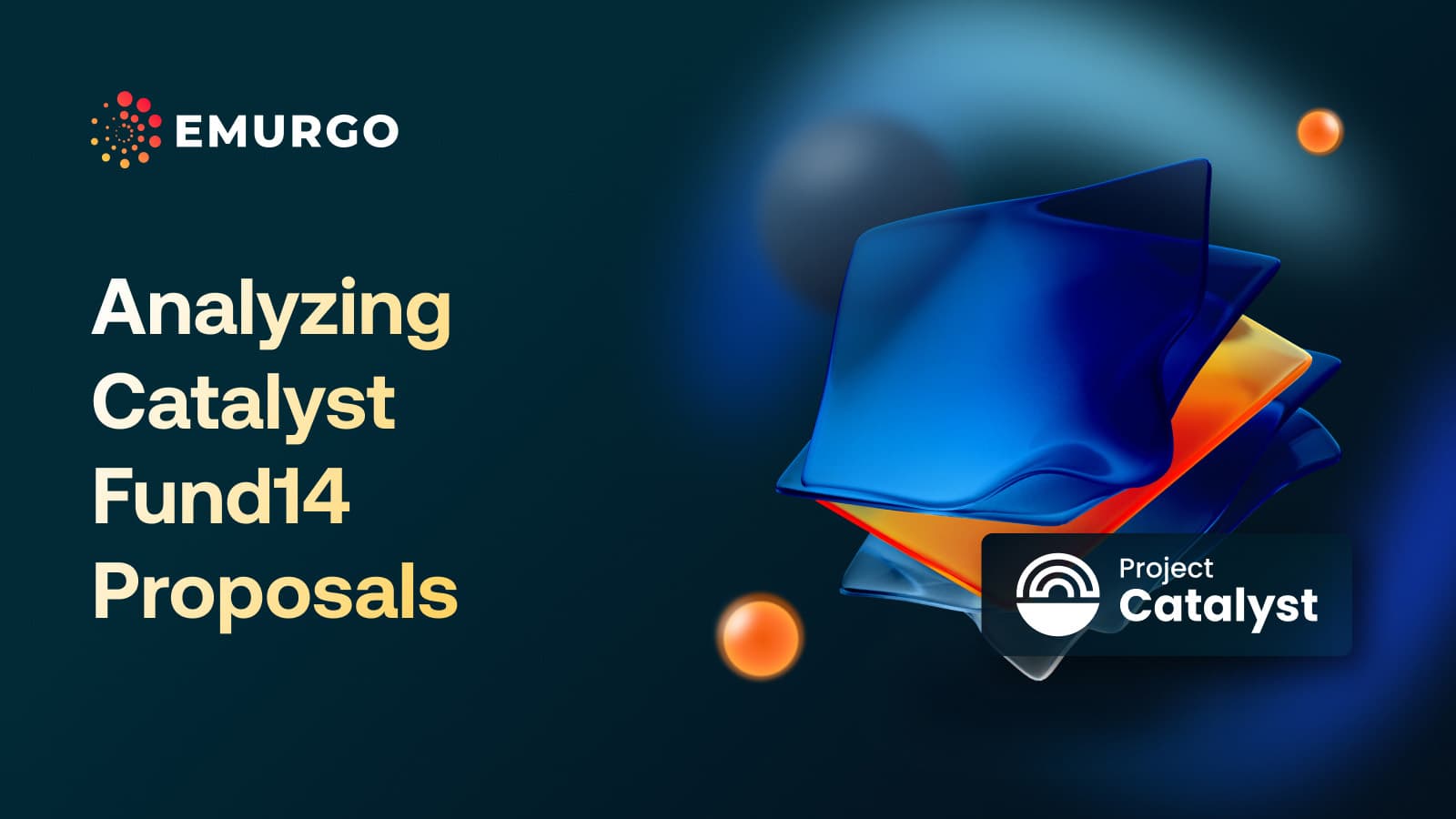Download Yoroi Wallet here!
Yoroi for iOS
Yoroi for Android
Yoroi for Google Chrome Extension
Yoroi for Firefox Extension
Yoroi for Microsoft Edge Extension
**Update: The Cardano Vasil hard fork was completed on September 22, 2022.
What is a blockchain hard fork?
Cardano’s blockchain is a constantly updated chain of blocks that contain data such as transaction records and is kept decentralized and secure by validators that are incentivized with rewards in the Cardano ada cryptocurrency.
As it is completely decentralized, anyone can join and help to secure the network and earn rewards by delegating and staking their ada through wallets like Yoroi.
As the Cardano blockchain grows over time, there are hard fork events to help upgrade the network for users by implementing new improvements to the existing blockchain moving forward or through divergence from the existing blockchain.
For Cardano, there have been several hard fork events in the past such as the Mary hard fork which brought native assets and allowed developers to create custom tokens on Cardano.
Cardano’s Vasil hard fork
The next major Cardano blockchain hard fork combinator (HFC) event is fast approaching, tentatively scheduled for June 29, 2022.
Named after Bulgarian mathematician Vasil Dabov, a prominent Cardano ambassador who passed away recently, the Vasil hard fork will bring numerous upgrades to network capacity and Cardano’s smart contract programming language Plutus which enables Cardano decentralized application (dApp) development.
Learn Plutus with EMURGO Academy to develop Cardano dApps and more!
Vasil aims to tackle all of these different areas with major updates to network throughput, improvements to the Plutus smart contract language for dApp developers, reducing the latency of block transmission, and the introduction of “diffusion pipelining” to the Cardano blockchain.
Essentially, the focus of the Vasil hard fork is to improve the Cardano network for all of its users, and also upgrade the development experience for Cardano developers using Plutus to create their decentralized applications.
Watch the Vasil hard fork preview on Cardano 360’s April mid-month development update.
Implementing Cardano Improvement Proposals (CIPs)
There are a number of Cardano Improvement Proposals (CIPs) that are ready to be implemented to the network.
In the Vasil hard fork, the CIPs implemented are geared around improving the usability, and increasing the capacity of the Plutus smart contract language. These are:
Creating a new way for developers to reference an input allowing them to look at the result of an output without having to spend it. Datums in transaction outputs provide a way to store and access information on the blockchain. Prior to the Vasil hard fork, the output must be spent to know the information of the datum attached to that output.
Vasil allows developers to reference this information without having to use the output. This optimizes transaction throughput and increases concurrency.
The objective of this CIP is to allow datums to be attached to outputs instead of the datum hashes. Currently, since the datum’s hash is attached to the output, the full datum is required to finish the process. By implementing this update, developers can code scripts that point to the inputs directly.
The proposal allows reference scripts to be attached to outputs. So, the reference scripts are used to satisfy the validation requirements. These Plutus reference scripts will, in turn, make transactions smaller, and make the validation process more efficient.
The implementation of these CIPs will improve network performance. At the same time, they’ll change many of the ways Plutus is used today. Many of the developers currently operating on Cardano will have to learn these new concepts.
Diffusion pipelining
Diffusion pipelining is an upgrade toward block propagation time. Important to improve network scalability, as the Cardano blockchain sees more dApp deployment. The core of diffusion pipelining is to have blocks be transmitted without full validation while at the same time making changes to the consensus layer to improve block propagation across nodes.
The main information that must be preserved for propagation is the block’s header, basically all the metadata associated with the block and the hash referencing the previous block. The body of the block is preserved on the metadata contained in the next block, so that would make the network resistant to DDoS attacks even without full block confirmation.
The update will also lead to an increase in the size of the block. That would give much more space to data to be saved into each block added to the ledger. The final result is that these combinations of improvements and optimizations will lead to a much faster and more scalable network.
Learn to become a Cardano developer with EMURGO Academy.
Download Yoroi Wallet to stake your ADA and earn rewards
Download Yoroi Wallet here!
Yoroi for iOS
Yoroi for Android
Yoroi for Google Chrome Extension
Yoroi for Firefox Extension
Yoroi for Microsoft Edge Extension
Yoroi Wallet is an official Cardano light wallet that allows users to store, send, and receive their Cardano ada via their preferred mobile or desktop browser extension.
It is designed to make it simple for users to also delegate and stake their ada for rewards, register to vote for Cardano’s Project Catalyst, and be able to connect to the Cardano dApp ecosystem of Cardano DeFi, Cardano NFTs, and also the $USDA stablecoin.
About Yoroi Wallet
- Yoroi Twitter: @YoroiWallet
- Yoroi Homepage: https://yoroi-wallet.com/
About EMURGO
- Official Homepage: emurgo.io
- Twitter (Global): @EMURGO_io
- YouTube: EMURGO channel
- Discord: EMURGO Discord
- Facebook: @EMURGO.io
- Instagram: @EMURGO_io
- LinkedIn: @EMURGO_io



